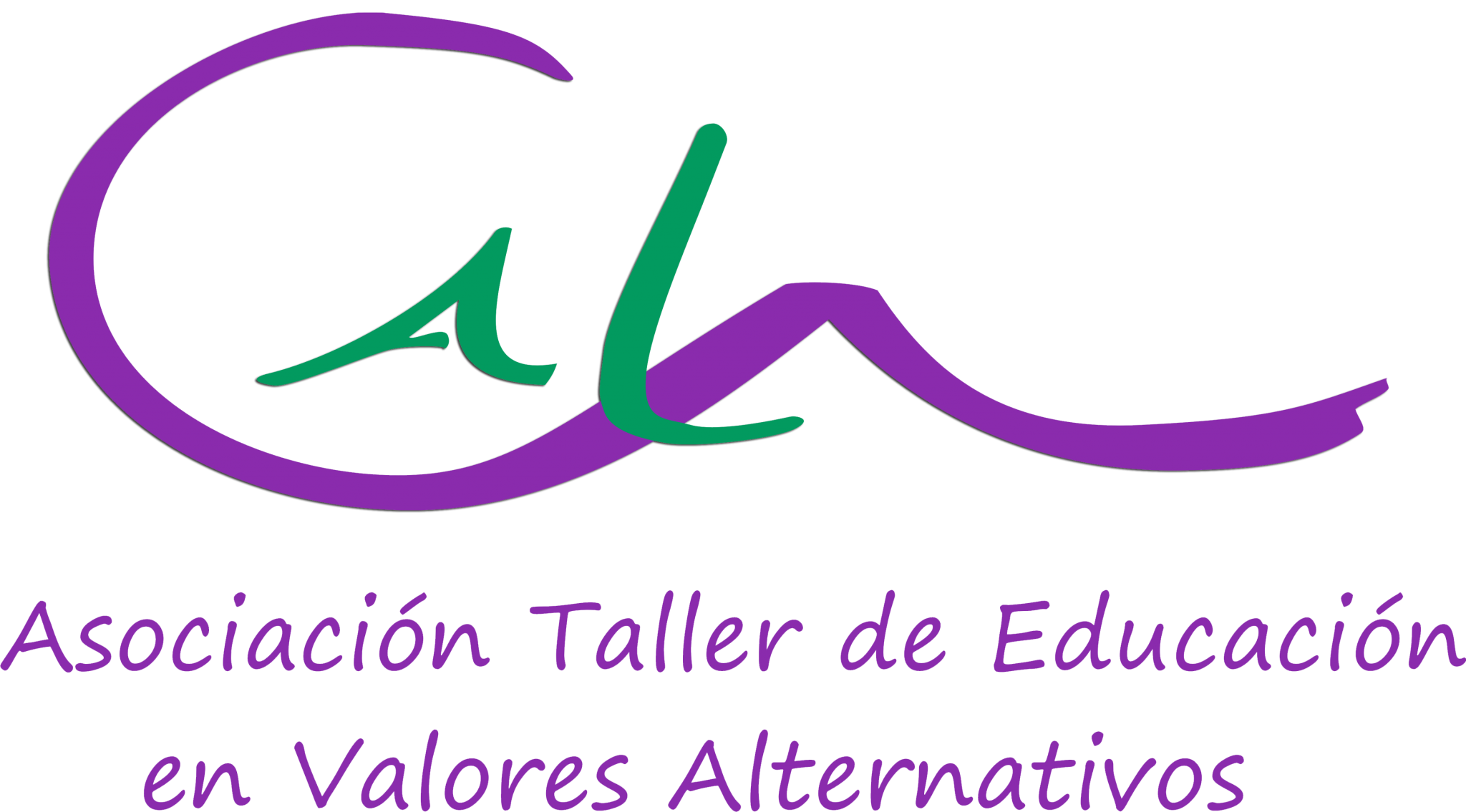Our methodology
We understand learning as three processes: feeling, thinking and acting. So, we try to provide learning processes that involve the cognitive, the emotional and the active as a whole. We aim at the emotional implication in conflict, in any given problem, both individually and as a group, in such a way that the need to take decisions and act on them sets in motion processes of investigation, analysis and thought.
In general we work on two processes at the same time: facing a conflict in which the group feels involved and the very process of the group (its atmosphere, communication, decision taking process…) and the conflicts that may arise in the group. It is in the process of the group that we work on basic values and attitudes: implication, autonomy and cooperation. In the conflict that affects them is where we work specific cognitive aspects, values and attitudes connected with that specific conflict.
The design of the workshop includes the planning of activities and materials and the possibility to adapt them to the needs that arise from the process of the group. Thus, our decision of revising everyday how the workshop is going and making the necessary adjustments. To facilitate this, every workshop is coordinated by at least two people.
We design workshops with initial, central and final activities, each with specific objectives and tasks.
Initial activities
The aim of these activities is to concentrate on the process of the group, so they focus on atmosphere and communication. They are also connected with the specific issue.
Other initial activities aim at:
• Reinforcing socio-affective implication by providing direct or simulated contact with the conflictive reality, bringing to the surface feelings, connections,
•Expressing emotions and feelings the issue arises,
• Providing the group with the initial cognitive tools they need – preliminary information, vocabulary, mind map, initial planning so that the group knows where they are within the learning process…,
• Expose lack of knowledge, errors, preconceptions…
Central activities
These must provoke cognitive, affective or moral conflicts and provide the elements to confront them positively. They are generally articulated as group processes of decision taking where different activities of collective analysis, evaluation, debate, proposals, and search of agreement are integrated. This allows everyone to work at the same time group processes and to face the meaningful conflicts that arise, such as leadership problems, inhibitions, manipulation, all forms of violence…
Final activities
They have three goals:
• Synthesize or reinforce specific learning, i.e. expose the changes in the different levels – cognitive, affective, appraisal,
• Facilitate interventions resulting from the process – on an individual or group level, realistically, specifying how to … boldly,
• Evaluating the working process and its results – the group process and the problem issue.
We also include final activities that tend to reinforce the group, its cohesion, its collective self-esteem, its confidence…
